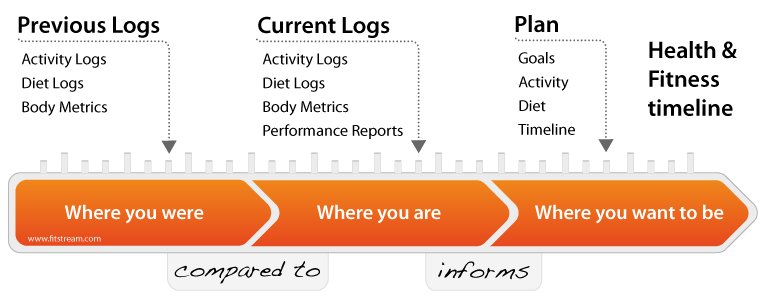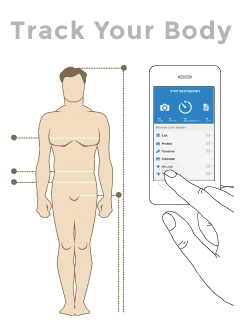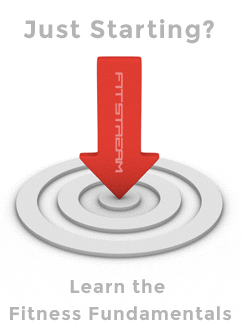When tracking body, health and fitness metrics you can use the data to identify trends and make adjustments to your activity and diet to more efficiently meet your goals, whether that's to lose weight, build muscle, or just to get a better night's sleep.
The usefulness of this data extends beyond pure body composition and into health care too, and can be used to tackle serious health issues arising from obesity levels, high blood pressure or diabetes.
In this article, we explore why you should be tracking your health and fitness and how you can use your records to transform your body.
Benefits of health and fitness tracking
Tracking your health and fitness should be a pivotal part of your training. It helps you to -
- Measure progress
- Gauge the effectiveness of your exercise regime and diet
- Sustain motivation
- Form healthy habits
- Understand how your lifestyle choices are affecting you
- Make informed decisions about what to do next
- Learn about your body and focus on methods that work for you

The key benefit in collecting your health and fitness data is that it allows you to compare yourself to the only other person that really matters - you.
What weight were you last year? How much could you squat six months ago? What was your body fat % before you added hill sprints to your training? You can only answer questions like these by collecting activity and diet logs, along with body metrics.
Measuring your progress
Without fitness tracking it’s difficult to see just how far you’ve improved (or not, as the case may be!). You can remove the guesswork by keeping simple journals so there’s nowhere to hide.
Is your current routine effective?
If you’re not tracking changes then it’s difficult to understand if you’re progressing towards your goals. Physical development is incremental and can be hard to spot on a day-to-day basis. Fitness logs give you an easy way of jumping back in time and comparing yourself to today.
Building motivation
When you can actually see progress and you’re aware of how far you’ve come by looking through your logs, this really helps to keep you motivated and feel that the hard work is paying off.
Forming healthy habits
Tracking your health and fitness raises awareness of your actions and should lead to more healthy choices. Regularly making the same choices is habit forming and reinforces this action in your life until it becomes second nature.

Understanding YOUR body
Einstein famously said "any fool can know. The point is to understand." Understanding only comes from the trial and error of practice and experience.
No one person is the same and we all respond in different ways to the same lifestyle choices. There’s so many factors which impact our bodies. It’s not just diet, exercise and sleep, but within these categories there are hundreds of variables to consider - how often you train, the intensity of your training, what exercises you choose, rest time between sets....
Keeping records helps build a picture of your health and by monitoring the changes to your body over time this teaches you how you respond.
Making informed choice
Once you've been tracking your progress a couple of months you've built your own health and fitness timeline, which is effectively a personalized historic ‘picture of health’. This data will help you understand more about how your body reacts and allows you to make more intelligent choices about what to change to maximise progress towards goals.
Getting started with fitness tracking
Hopefully we've convinced you that tracking your health and fitness is essential to making good progress and hitting those fitness goals as quickly as possible.
Choose to become a perpetual student of... you. Research, experiment, record what you're doing, how you're feeling and the changes this is having on your body and you'll be astounded by what you can achieve.
Checkout our next article in the series on how to track your health and fitness.











